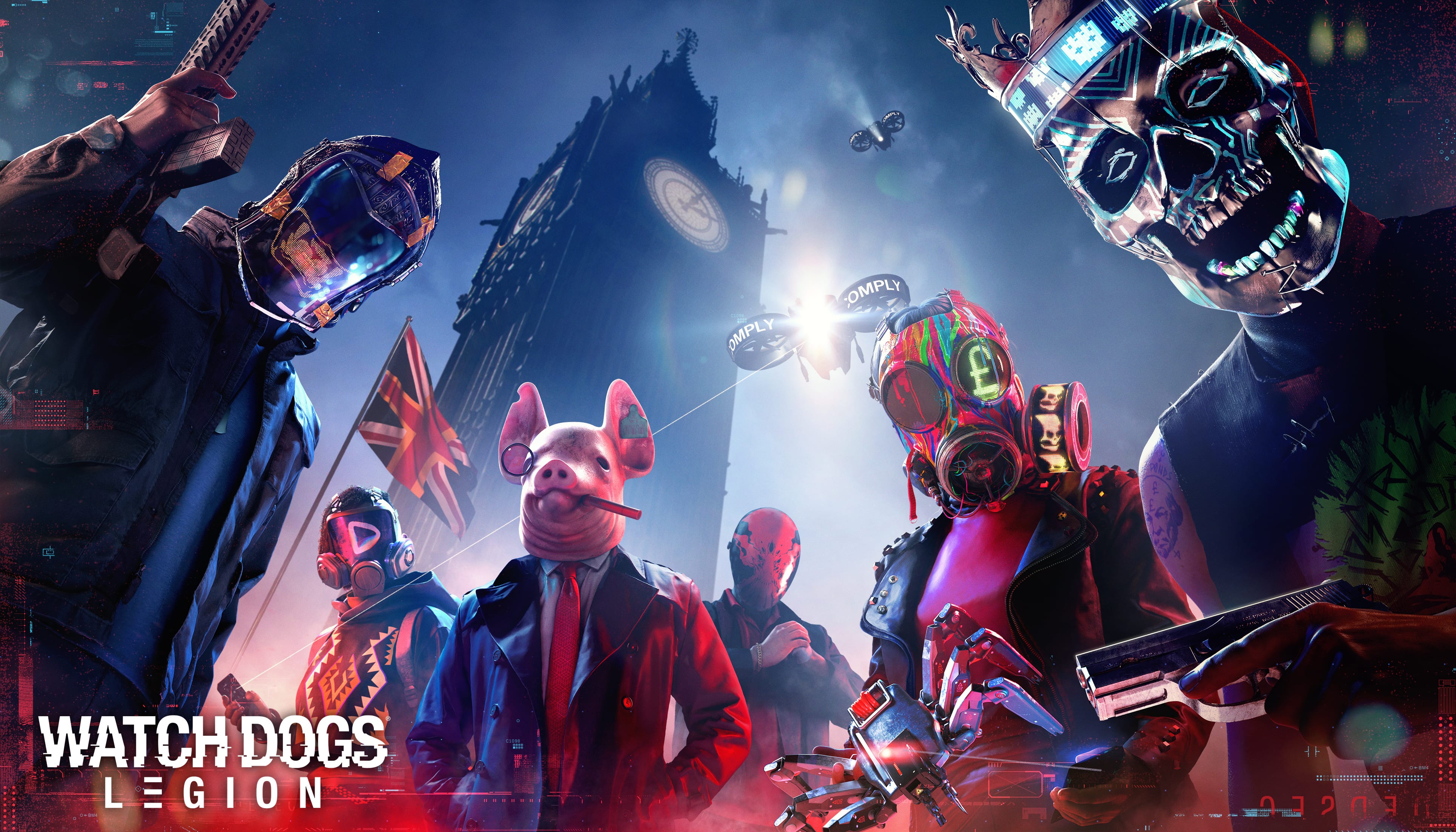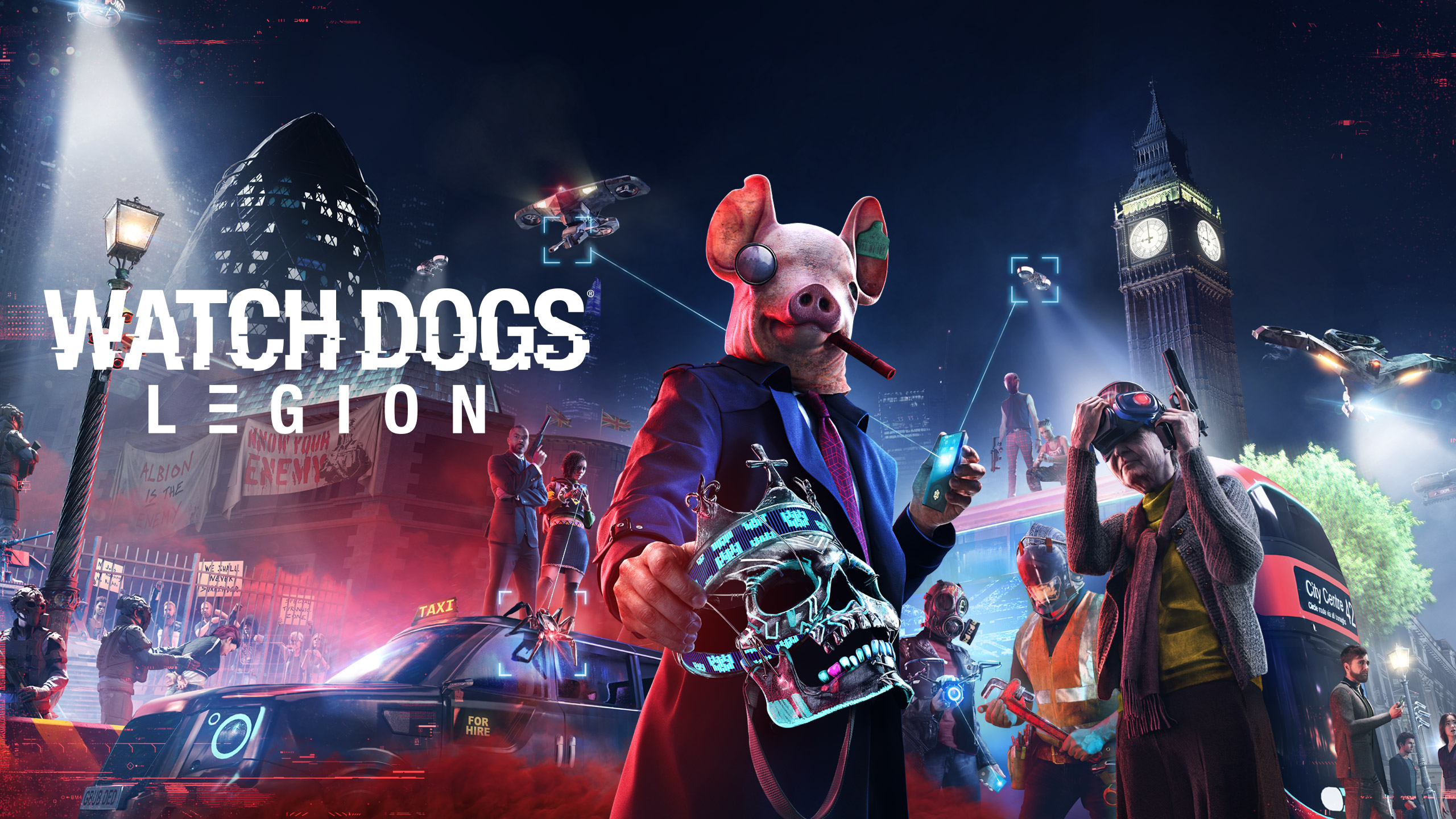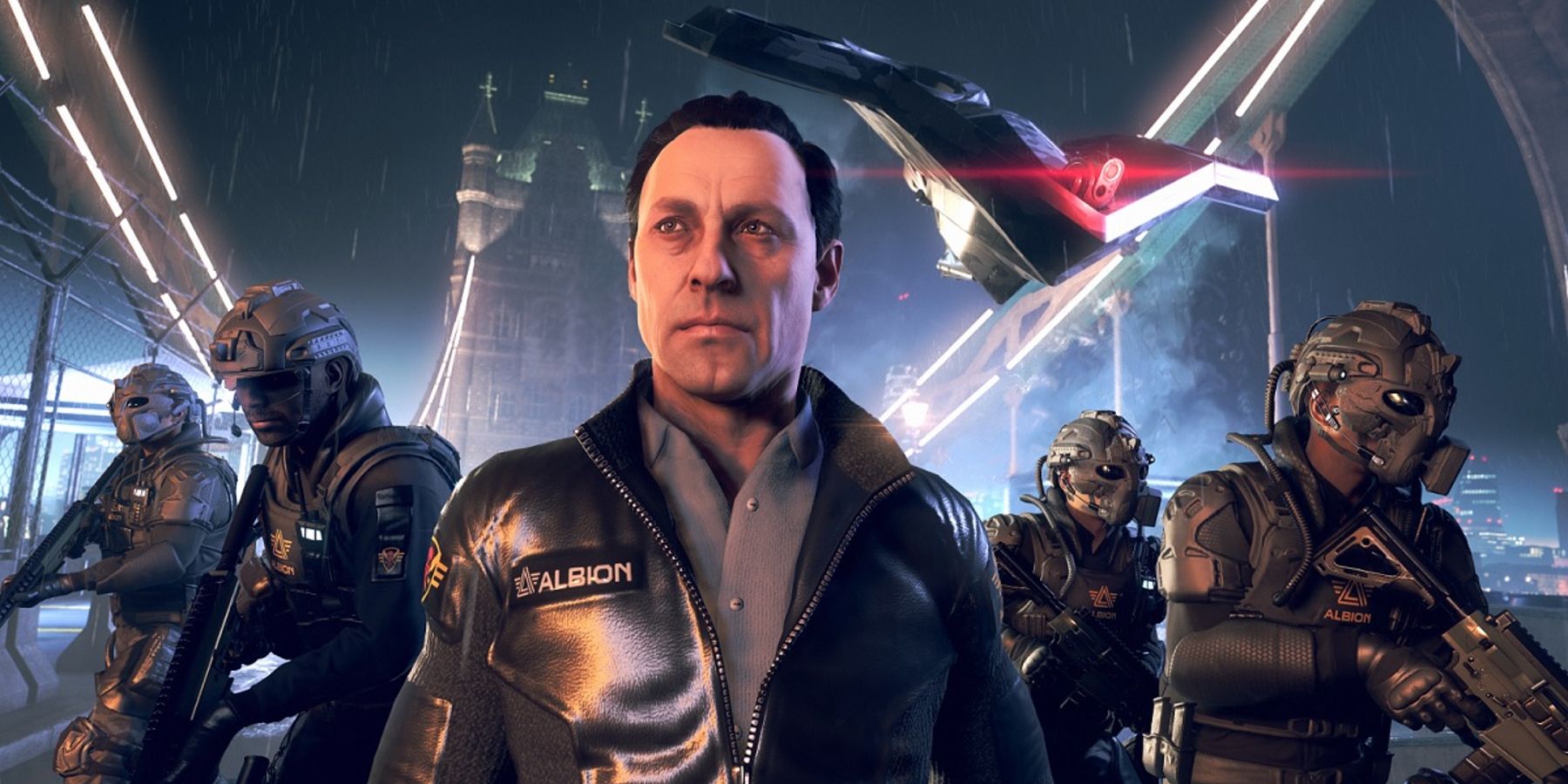Hacking The System: A Deep Dive Into Watch Dogs: Legion’s Ambitious Vision And Flawed Execution
Hacking the System: A Deep Dive into Watch Dogs: Legion’s Ambitious Vision and Flawed Execution
Related Articles: Hacking the System: A Deep Dive into Watch Dogs: Legion’s Ambitious Vision and Flawed Execution
Introduction
With great pleasure, we will explore the intriguing topic related to Hacking the System: A Deep Dive into Watch Dogs: Legion’s Ambitious Vision and Flawed Execution. Let’s weave interesting information and offer fresh perspectives to the readers.
Table of Content
Hacking the System: A Deep Dive into Watch Dogs: Legion’s Ambitious Vision and Flawed Execution

Ubisoft’s Watch Dogs: Legion, released in 2020, promised a revolutionary take on the open-world action-adventure genre. Instead of a single protagonist, players could recruit and control virtually any non-playable character (NPC) they encountered in the sprawling, near-future London setting. This ambitious concept, coupled with the series’ signature hacking mechanics, aimed to create an unprecedented level of player agency and zustande kommend gameplay. While the game undeniably delivered on its promise of a unique premise, its execution welches riddled with inconsistencies that ultimately prevented it from reaching its full potential.
The core gameplay loop revolves around recruiting and managing a unterschiedliche roster of playable characters, each with unique skills, backgrounds, and appearances. This "Play as Anyone" mechanic is the game’s defining feature, allowing players to build a personalized team tailored to their preferred playstyle. A construction worker might excel at breaching fortified areas, while a drone expert can remotely control surveillance systems. A skilled hacker can disable enemy weaponry from afar, while a street fighter can engage in gewaltsam close-quarters combat. This variety is genuinely impressive, fostering a sense of experimentation and strategic depth that few open-world games achieve.
London itself is meticulously recreated, a vibrant and detailed depiction of the British capital infused with a dystopian twist. From the iconic landmarks like Big Ben and the Tower Bridge to the bustling street markets and grimy alleyways, the city feels authentically lived-in. The visual fidelity is generally high, with impressive lighting effects and a believable sense of scale. The city’s layout, however, can sometimes feel overwhelming, particularly for players unfamiliar with London’s geography. The sheer density of NPCs and the intricate network of streets and tunnels can make navigation challenging, especially during high-intensity chases or combat encounters.
The hacking mechanics, a staple of the Watch Dogs series, return with enhanced capabilities. Players can manipulate traffic lights, control drones, disable security cameras, and even remotely control enemy weapons. The expanded range of gadgets and the ability to utilize the unique skills of recruited operatives significantly enhance tactical options. However, the hacking gameplay, while effective in many situations, can occasionally feel overpowered, particularly on lower difficulty settings. The game’s reliance on hacking to overcome obstacles can sometimes detract from the sense of challenge and urgency, making combat encounters feel less engaging than they could be.
The recruitment system, while innovative, is not without its flaws. Recruiting new operatives involves completing missions, which often involve a combination of stealth, combat, and hacking. The process can become repetitive, particularly in the early game, as players are tasked with similar missions to unlock new recruits. While the variety of characters and their abilities keeps the experience fresh to some extent, the repetitive nature of the recruitment missions can lead to a sense of tedium. The game in Folge dessen suffers from a lack of meaningful character progression beyond acquiring new skills and gadgets. The personal stories of the recruits are often superficial, lacking the depth and emotional connection that could have made the "Play as Anyone" mechanic truly impactful.
Another significant issue is the game’s narrative. While the overarching plot involving a powerful and secretive organization called Albion is intriguing, the storytelling is often fragmented and lacks the emotional resonance of previous Watch Dogs titles. The narrative feels secondary to the gameplay loop, often serving as a justification for the player’s actions rather than a compelling story in its own right. The individual character stories, while intended to add depth to the roster, are often underdeveloped and lack the narrative weight to truly resonate with the player.
The game’s performance, particularly on older hardware, welches in Folge dessen a significant point of contention upon release. Frame rate drops and texture pop-in were common occurrences, detracting from the overall experience. While Ubisoft released patches to address these issues, the performance problems initially overshadowed the game’s innovative mechanics and ambitious vision. The game’s world, while visually impressive, is in Folge dessen densely populated, putting a strain on even high-end systems.
Despite these flaws, Watch Dogs: Legion offers a unique and engaging experience that is unlike any other open-world game. The "Play as Anyone" mechanic, while not perfectly executed, is a bold and ambitious concept that fundamentally changes the way players interact with the game world. The sheer variety of characters and their skills encourages experimentation and strategic thinking, leading to zustande kommend gameplay moments that are genuinely rewarding.
The game’s online multiplayer mode, while not as fleshed out as some other online experiences, adds another layer of depth to the gameplay. Players can team up with friends to complete missions, participate in co-op challenges, and even engage in player-versus-player combat. The ability to share recruited operatives between players adds a unique social element to the experience.
In conclusion, Watch Dogs: Legion is a game of contradictions. It presents a revolutionary concept with a unique and engaging core mechanic, but its execution is flawed by repetitive missions, a weak narrative, and technical issues. The game’s ambition far outweighs its technical capabilities and narrative polish, resulting in an experience that is both exhilarating and frustrating in equal measure. While the "Play as Anyone" mechanic is a significant achievement in open-world game design, the game’s flaws prevent it from achieving its full potential. Despite its shortcomings, Watch Dogs: Legion remains a noteworthy entry in the open-world genre, offering a unique and memorable experience for those willing to overlook its imperfections. It serves as a reminder that ambitious innovation doesn’t always guarantee flawless execution, but it in Folge dessen demonstrates the potential for groundbreaking gameplay mechanics to redefine the genre. The game’s legacy lies not in its perfect execution, but in its bold attempt to revolutionize player agency in open-world games, a legacy that continues to inspire future developers.




:no_upscale()/cdn.vox-cdn.com/uploads/chorus_asset/file/22235464/Watch_dogs_legion_hack_the_planet_hacker_skilled_operative.jpg)



Closure
Thus, we hope this article has provided valuable insights into Hacking the System: A Deep Dive into Watch Dogs: Legion’s Ambitious Vision and Flawed Execution. We hope you find this article informative and beneficial. Weiher you in our next article!